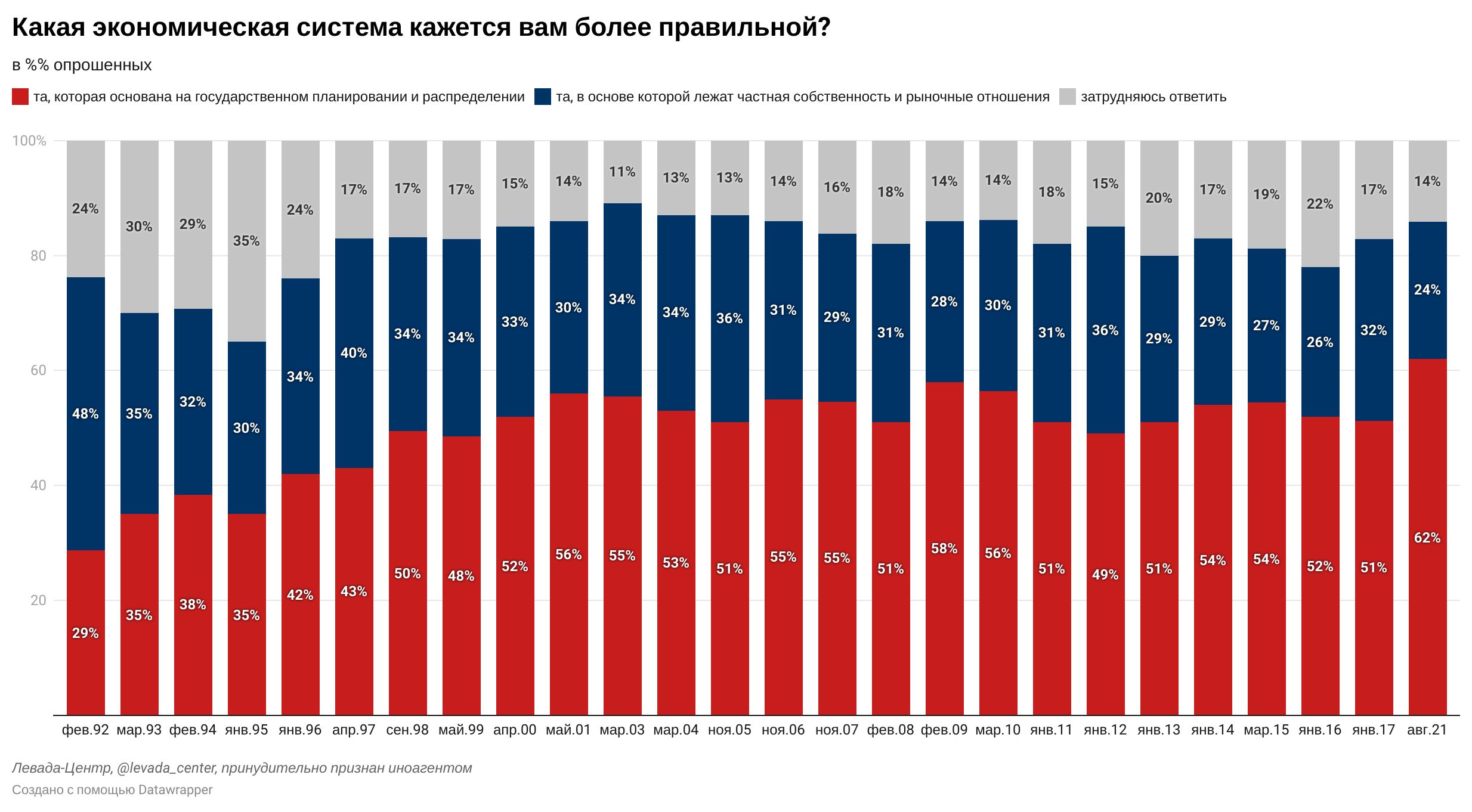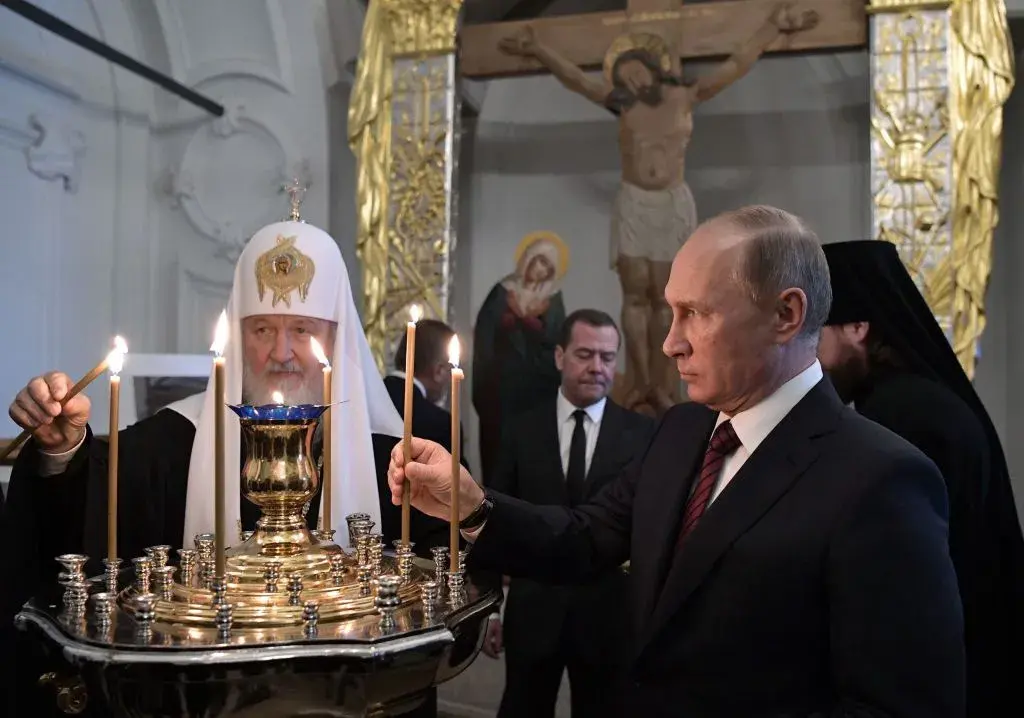I'm going to disagree here. While there are right wing elements in Russia and there is a lot of nationalist sentiment, it's also a fact that communism is still very popular. Polls consistently show that most people see USSR in a positive light, and many people consider the Soviet system to be generally correct. KPRF has a lot of support which appears to be growing. It might not be perfect, but it's certainly not a far right party.
For example, here's a recent poll from Russia:
And here's another poll showing that most people think the Soviet economic system was more correct

Russia is also increasingly falling into China's orbit and it doesn't escape people in Russia that going back to a socialist system would result in similar benefits that people in China are currently enjoying.
